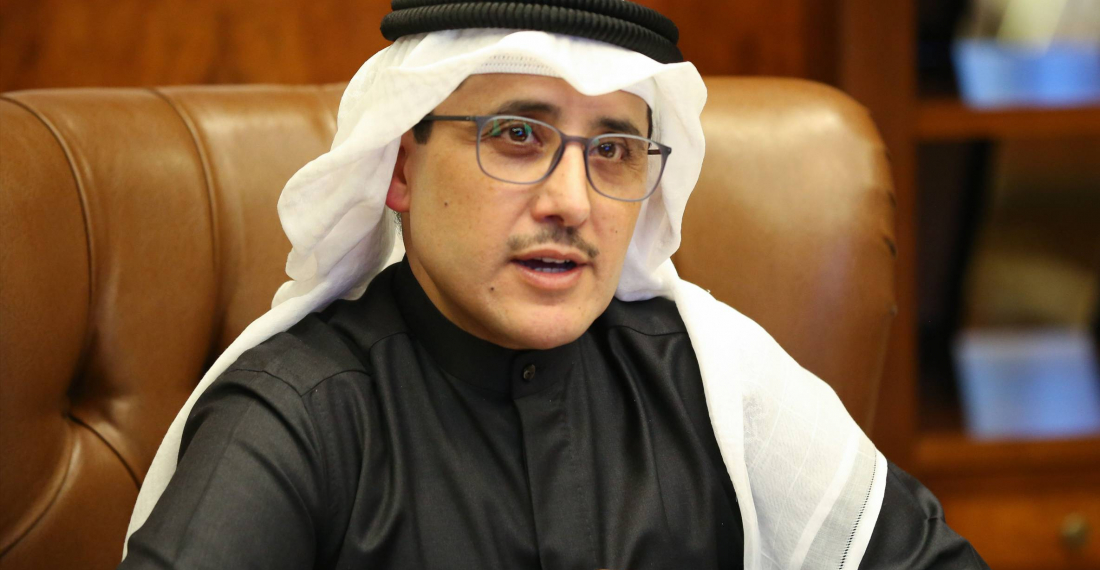The Minister of Foreign Affairs of the Kuwait, Sheikh Ahmed Nasser Al-Sabah, announced in a televised statement on Friday (4 December) an agreement to resolve the crisis between several Gulf countries and Qatar.
Saudi Arabia and Qatar both expressed their gratitude to Kuwait and the United States who have been recently diplomatically active to reach a agreement. The senior advisor to the US president, Jared Kushner, was recently in Riyadh and Doha in connection with the issue. There have been rumours of progress in resolving the crisis for several weeks.
The Emir of Kuwait, Sheikh Nawaf Al-Jaber Al-Ahmad Al-Sabah, expressed his satisfaction at what he described as the historic achievement in reaching a final agreement to resolve the Gulf dispute.
Khalid Al-Jarallah, Kuwaiti Deputy Foreign Minister, added that "the Gulf crisis has been closed, and a final agreement has been reached between the Gulf parties," adding, "Details related to it will be worked out soon."
Turkey, Oman, Iran and the UN Secretary General's office are among the regional and international actors that welcomed the Kuwaiti announcement. Bahrain and UAE, who are also in a dispute with Qatar are yet to comment.
The European Union also welcomed the agreement in a statement by the spokesman issued on Saturday morning. The statement added, "The settlement of the internal rift will allow the GCC to restore its unity and resume its important work. The EU remains ready to further strengthen its long-standing partnership with a reinvigorated GCC."
Source: commonspace.eu with Al Jazeera (Doha) and agencies.
Photo: Minister of Foreign Affairs of Kuwait, Sheikh Ahmed Nasser Al Sabah (Twitter: @MOFAKuwait).






